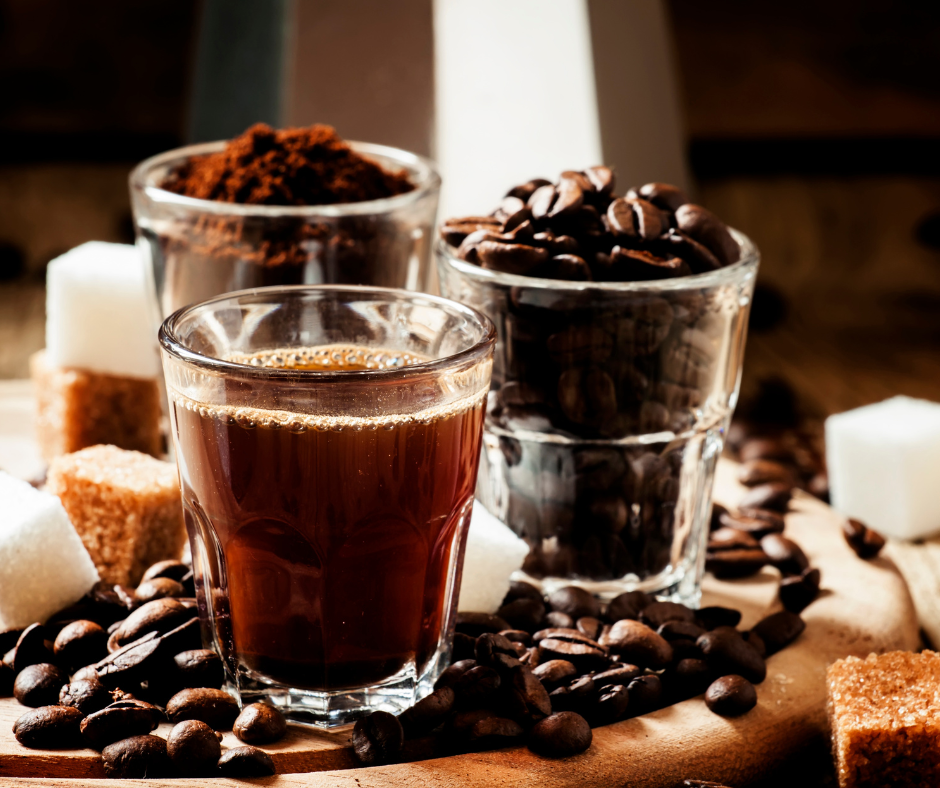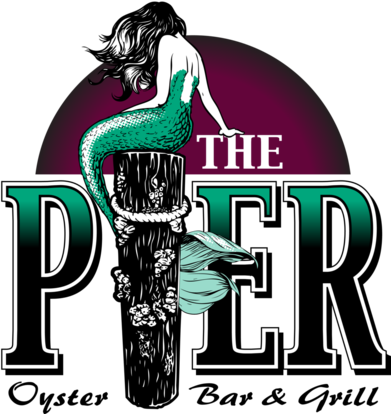Coffee Vs Red Bull Caffeine: Energy Showdown Unveiled!
A typical 8 oz cup of coffee has about 95 mg of caffeine, while an 8.4 oz can of Red Bull contains about 80 mg. Choosing between the two depends on your caffeine tolerance and preference.
Deciding which is the best pick-me-up for your busy day, coffee or Red Bull, centers on not just caffeine content but also how your body reacts to different stimuli. Coffee is renowned for its rich flavor and potential health benefits, tapping into centuries-old traditions of brewing and sipping.
On the other side, Red Bull, a sugary energy drink, offers a swift kick of energy along with additional ingredients aimed at enhancing performance and concentration. Many opt for the smooth, steady energy release of coffee, while others swear by the quick boost Red Bull provides. Your choice should consider both your flavor profile preference and how quickly you need to feel energized.

Credit: crosslakecoffee.com
Introduction To Caffeine Kicks
Caffeine often equals more energy. Many people sip a cup of coffee for a morning start. Others may grab a Red Bull. Both drinks have caffeine.
Caffeine is like a jump start for your body. It can make you feel alert. It can also help you stay awake.
| Coffee | Red Bull |
|---|---|
| Warm and comforting | Cool and energizing |
| Can include milk or sugar | Often sweet and fizzy |
Both drinks are popular morning choices. People like them for different reasons. Which one do you prefer?

Credit: www.bevnet.com
Decoding Coffee’s Power
Coffee’s caffeine content varies depending on the type. A usual 8 oz cup of coffee offers about 95 mg of caffeine. This can kick-start your day and keep you alert. Remember, the brew method affects caffeine levels too.
Regular coffee drinking has perks for adults. Studies suggest it can boost brain function and support heart health. It’s linked to a lower risk of serious diseases like type 2 diabetes and cancer. Yet, moderation is key – too much can be harmful.
Red Bull’s Energetic Formula
Red Bull’s caffeine content is key for its energy-boosting effect. Each 8.4-ounce can packs about 80 milligrams of caffeine. This is roughly the same as a cup of coffee. The drink also includes tuarine, B-group vitamins, and sugars, which aid in providing a quick energy spike. The combination of these ingredients works to improve alertness and concentration.
Alongside caffeine, Red Bull contains other energy-releasing components. These are additional ingredients like inositol and glucuronolactone. These substances contribute to the overall energizing effect of Red Bull. They are not typically found in coffee. So, Red Bull might give you more than just a caffeine boost.

Credit: crosslakecoffee.com
Effects On Mental And Physical Performance
Coffee and Red Bull are both popular for their energy-boosting abilities. People drink them to feel awake and energized. But they work in different ways on your mind and body. Coffee gives a steady release of energy through caffeine. Red Bull has caffeine too, but it also has sugar and other stimulants like taurine and B-vitamins.
The impact of Coffee can keep you focused for a long time. It is good for your brain work. Red Bull gives you a quick energy spike. This is because of the fast-acting sugars and caffeine together. But this quick boost can fade fast. You might feel tired after.
Regular drinking of these can have different effects. Too much Coffee can lead to nervousness and sleep troubles. A lot of Red Bull can make your heartbeat fast and cause weight gain because of the sugar.
Assessing Health Considerations
Coffee and Red Bull are popular for boosting energy. Both have caffeine. Consuming lots of caffeine can lead to health problems. It may cause sleeplessness, nervousness, or even a rapid heartbeat. Drinking these in moderation is key to staying safe.
Red Bull contains other stimulants like taurine and sugar. These can increase the effects of caffeine. Coffee offers antioxidants. These are good for your body. Coffee usually has less sugar than Red Bull. This makes coffee often the healthier choice.
It is important to watch how much you drink. The safe limit for adults is about 400 milligrams of caffeine per day. That’s about 4 cups of coffee or five Red Bulls. Kids should have much less. Always check with a doctor if unsure.
Consumer Preferences And Lifestyle Choices
People often choose coffee or Red Bull based on taste preferences. Coffee offers a rich, aromatic experience that many enjoy in the morning. Red Bull, however, provides a sweet, tangy option for an energy kick.
Accessibility influences decisions, with coffee being available worldwide in cafes and homes. Red Bull is mostly found in stores and vending machines.
Our cultural background shapes our drink choices. Coffee has a long history in many societies. Red Bull is seen as a modern, on-the-go beverage.
People tailor their caffeine consumption to their personal needs. Some prefer the slow enjoyment of coffee, while others need quick energy from Red Bull.
Frequently Asked Questions For Coffee Vs Red Bull Caffeine
How Much Caffeine Is In Coffee Vs Red Bull?
Coffee typically contains between 80-100mg of caffeine per 8-ounce cup. Red Bull contains 80mg of caffeine per 8. 4-ounce can. The caffeine levels in coffee can vary widely based on the preparation method and coffee bean type.
Is Red Bull Stronger Than Coffee?
No, Red Bull is not necessarily stronger than coffee in terms of caffeine content. An average cup of coffee usually has the same or even more caffeine than a can of Red Bull. However, Red Bull contains additional ingredients that may enhance energy.
Can Coffee Replace A Red Bull For Energy?
Coffee can be a substitute for Red Bull to boost energy due to its caffeine content. However, it lacks other stimulating ingredients found in Red Bull, like taurine and B-vitamins, which may contribute to the energy-drink’s unique effects.
What Are Health Impacts Of Red Bull Vs Coffee?
Coffee, when consumed in moderation, may provide health benefits such as antioxidants. Red Bull, with added sugar and other ingredients, might impact health differently, potentially leading to increased blood pressure and heart rate. Moderation is key for both.
Conclusion
Navigating the bustling landscape of caffeine options boils down to personal choice and lifestyle demands. Both coffee and Red Bull offer that much-needed energy boost, each with its own profile of benefits and flavors. Your decision hinges on taste preference, desired experience, and health considerations.
Remember, moderation is key as you energize your day.



